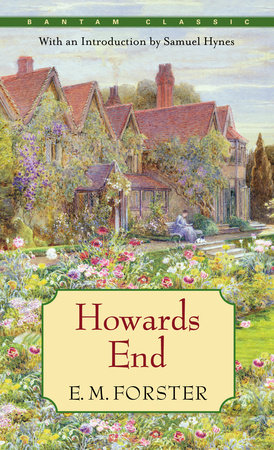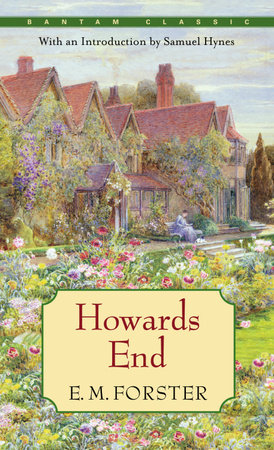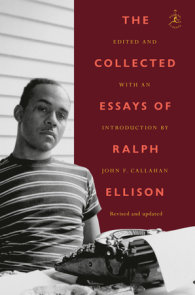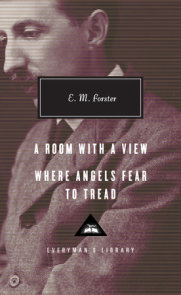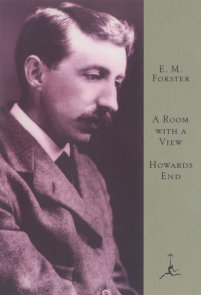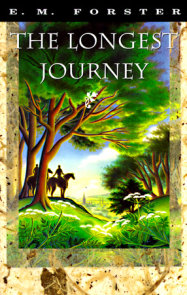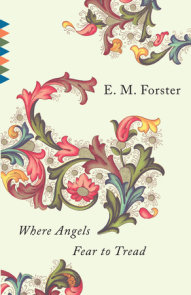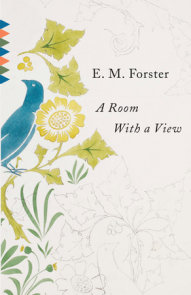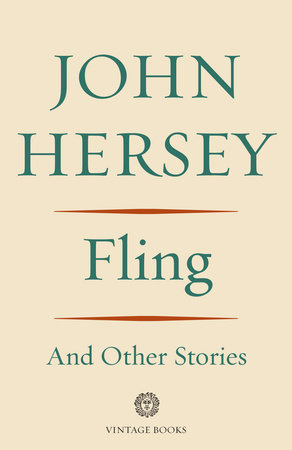

Howards End
By E.M. Forster
Introduction by James Ivory
By E.M. Forster
Introduction by James Ivory
By E.M. Forster
By E.M. Forster
By E. M. Forster
Introduction by Alfred Kazin
By E. M. Forster
Introduction by Alfred Kazin
By E.M. Forster
By E.M. Forster
By E.M. Forster
Introduction by James Ivory
By E.M. Forster
Introduction by James Ivory
Part of Modern Library Classics
Part of Everyman's Library Contemporary Classics Series
Part of Modern Library Classics
Category: Literary Fiction | Classic Fiction
Category: Literary Fiction | Classic Fiction
Category: Literary Fiction | Classic Fiction
Category: Literary Fiction | Classic Fiction
Category: Literary Fiction | Classic Fiction

-
$14.00
Aug 10, 1999 | ISBN 9780375753763
-
$4.99
Oct 01, 1985 | ISBN 9780553212082
-
$26.00
Nov 26, 1991 | ISBN 9780679406686
-
Oct 30, 2007 | ISBN 9780553904314
-
Jan 16, 2001 | ISBN 9780679641452
YOU MAY ALSO LIKE
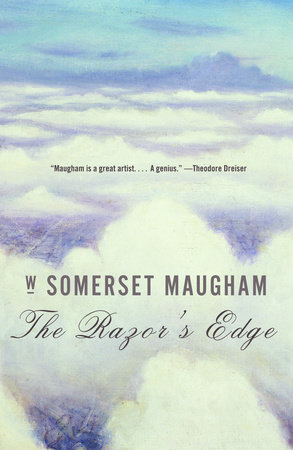
The Razor’s Edge
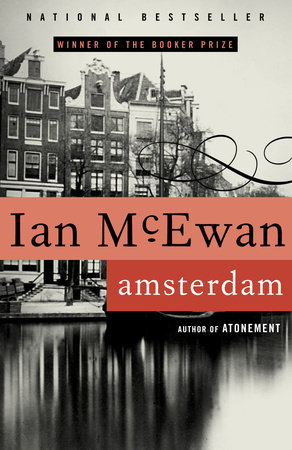
Amsterdam
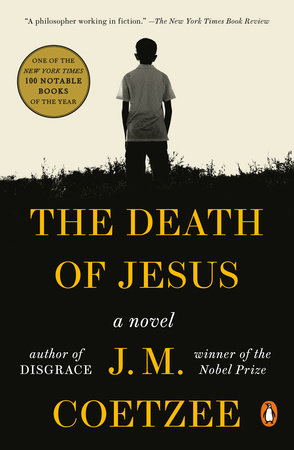
The Death of Jesus
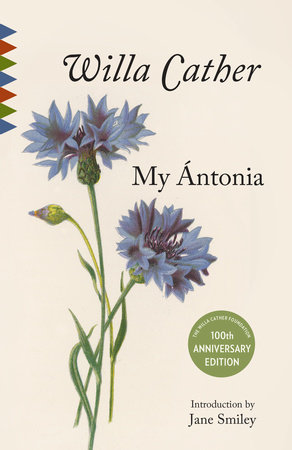
My Antonia
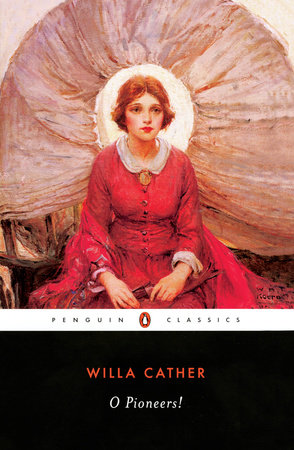
O Pioneers!
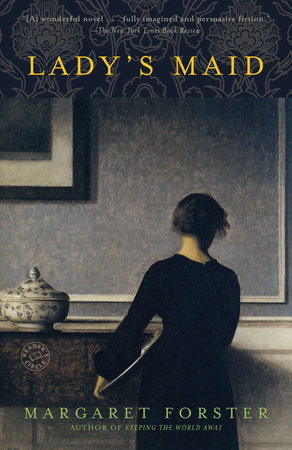
Lady’s Maid
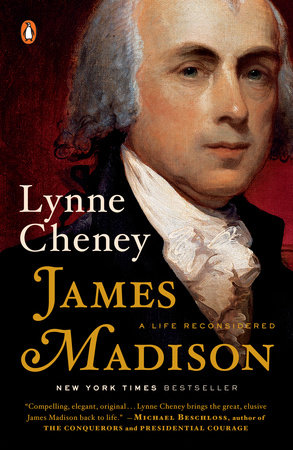
James Madison
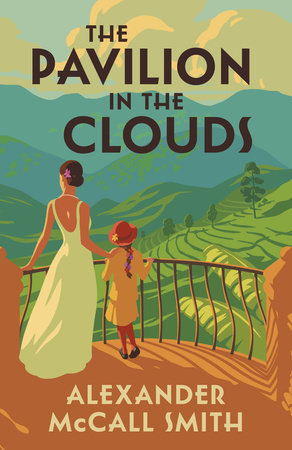
The Pavilion in the Clouds
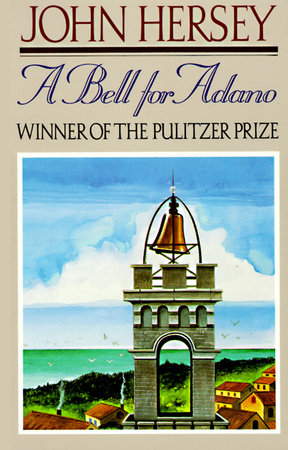
A Bell for Adano
Praise
With a new Introduction by James Ivory
Commentary by Virginia Woolf, Lionel Trilling, Malcolm Bradbury, and Joseph Epstein
"Howards End is a classic English novel . . . superb and wholly cherishable . . . one that admirers have no trouble reading over and over again," said Alfred Kazin.
First published in 1910, Howards End is the novel that earned E. M. Forster recognition as a major writer. At its heart lie two families—the wealthy and business-minded Wilcoxes and the cultured and idealistic Schlegels. When the beautiful and independent Helen Schlegel begins an impetuous affair with the ardent Paul Wilcox, a series of events is sparked—some very funny, some very tragic—that results in a dispute over who will inherit Howards End, the Wilcoxes’ charming country home. As much about the clash between individual wills as the clash between the sexes and the classes, Howards End is a novel whose central tenet, "Only connect," remains a powerful prescription for modern life.
"Howards End is undoubtedly Forster’s masterpiece; it develops to their full the themes and attitudes of [his] early books and throws back upon them a new and enhancing light," wrote the critic Lionel Trilling.
21 Books You’ve Been Meaning to Read
Just for joining you’ll get personalized recommendations on your dashboard daily and features only for members.
Find Out More Join Now Sign In






